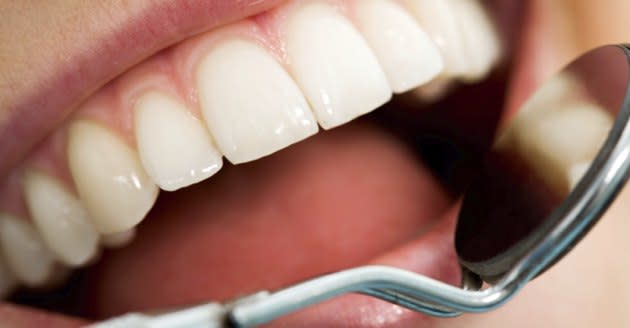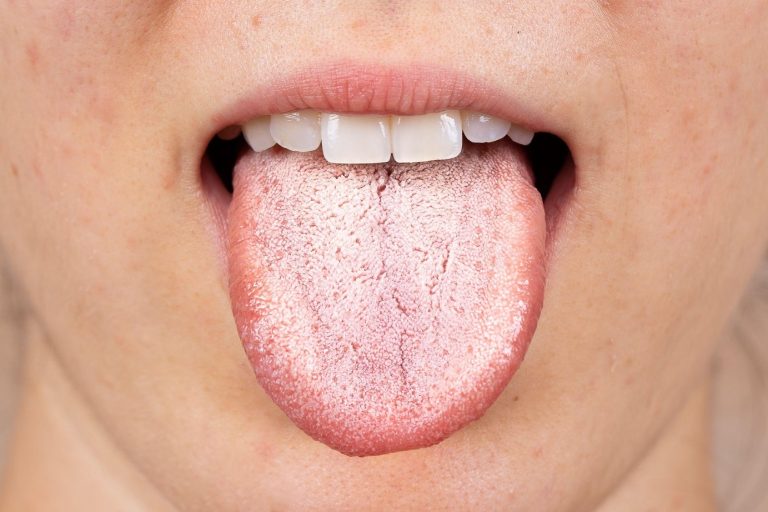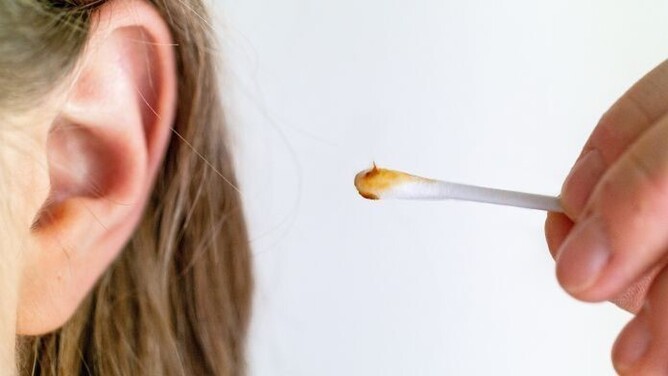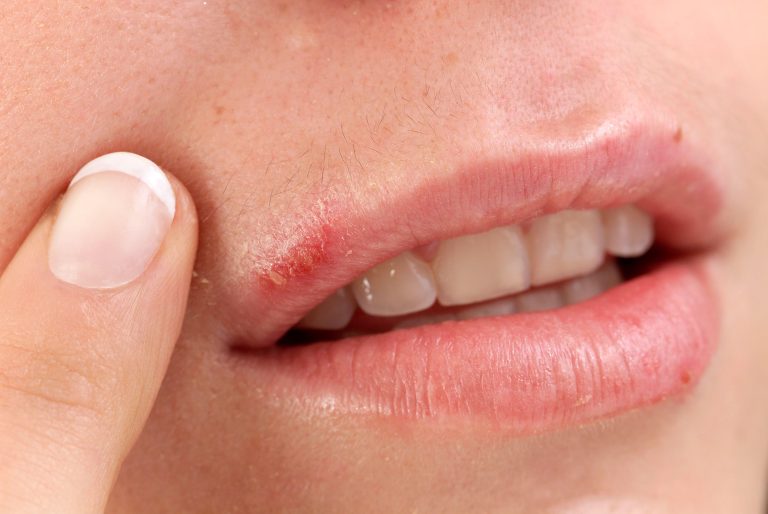How to Quickly Get Rid of Phlegm: 10 Effective Remedies
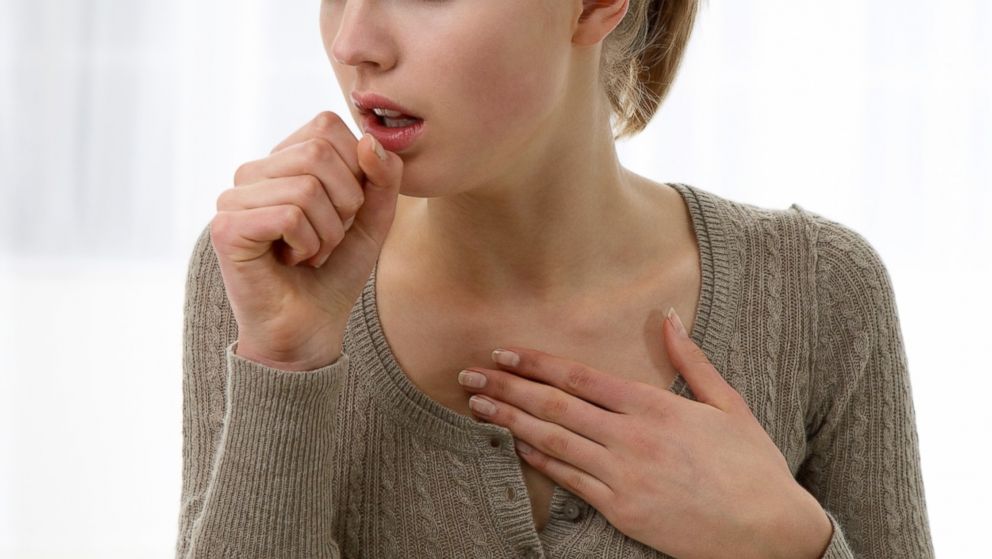
Sure, here’s the blog post introduction:
Are you struggling with persistent phlegm that just won’t go away? It can be uncomfortable and frustrating to deal with. In this comprehensive guide, we will explore the causes of phlegm build-up and provide you with 10 effective home remedies to quickly get rid of phlegm. Additionally, we will discuss lifestyle changes that can help reduce phlegm production and when it’s necessary to seek medical attention for phlegm-related issues. By the end of this article, you’ll have a solid understanding of how to tackle phlegm effectively and efficiently.
Understanding Phlegm and Its Causes
Phlegm, also known as mucus, is a natural component of the respiratory system. Its primary role is to trap and eliminate foreign particles, such as bacteria and dust, from the airways. However, an excessive build-up of phlegm can lead to discomfort and health issues. Here’s a brief overview of phlegm and its causes:
-
What is Phlegm?
- Phlegm is a viscous secretion produced by the mucous membranes in the respiratory system. It can be clear, white, yellow, or green in color, and its consistency may vary from thin to thick.
-
Causes of Excessive Phlegm:
- Respiratory Infections: Common colds, flu, and other respiratory infections can lead to an increase in phlegm production.
- Allergies: Allergic reactions to pollen, dust, or pet dander can cause the body to produce more phlegm as a protective mechanism.
- Smoking: Tobacco smoke irritates the airways, leading to an overproduction of phlegm.
- Environmental Factors: Air pollution, exposure to chemicals, and dry air can contribute to the build-up of phlegm.
Understanding the causes of excessive phlegm is crucial in identifying the most effective remedies to alleviate this common respiratory issue. By addressing the underlying factors, it becomes easier to get rid of phlegm and promote respiratory health.
10 Effective Home Remedies for Getting Rid of Phlegm
Dealing with excessive phlegm can be uncomfortable, but there are several effective home remedies that can provide relief. Here are some remedies to help you get rid of phlegm:
-
Stay Hydrated: Drink plenty of water throughout the day to help thin out the mucus and make it easier to expel.
-
Steam Inhalation: Inhaling steam can help loosen the mucus in your chest. Add a few drops of essential oils like eucalyptus or peppermint for added benefits.
-
Gargle with Salt Water: Gargling with warm salt water can help soothe a sore throat and loosen phlegm.
-
Warm Liquids: Enjoying warm teas, broths, or soups can provide comfort and help break up the mucus.
-
Honey and Lemon: Mix honey and lemon in warm water to create a soothing drink that can help relieve throat irritation and reduce phlegm.
-
Eucalyptus Oil: Adding a few drops of eucalyptus oil to a humidifier or hot bath can help clear congestion.
-
Stay Upright: Keep your head elevated while sleeping to prevent mucus from pooling in your throat.
-
Peppermint: Peppermint has decongestant properties. Drinking peppermint tea or inhaling peppermint oil may help clear out mucus.
-
Turmeric: Mixing turmeric in warm milk can help reduce phlegm due to its anti-inflammatory properties.
-
Spicy Foods: Consuming spicy foods can help thin out mucus and provide relief from congestion.
By incorporating these simple yet effective home remedies into your routine, you can find relief from phlegm without always resorting to medication. Remember to consult a healthcare professional if your symptoms persist or worsen.
Remember, it’s important to find a remedy or combination of remedies that works best for you. Experiment with different options and see which ones provide the most relief for your specific situation.
Lifestyle Changes to Reduce Phlegm Build-Up
Making simple lifestyle changes can significantly reduce phlegm build-up and improve your overall respiratory health. Here are some effective lifestyle adjustments to help you manage and reduce phlegm:
-
Stay Hydrated: Drink plenty of water throughout the day to keep your body hydrated. This helps in thinning the mucus, making it easier to expel.
-
Avoid Irritants: Minimize exposure to smoke, pollutants, and other irritants that can exacerbate phlegm production.
-
Use a Humidifier: Using a humidifier in your home can add moisture to the air, which can help in thinning mucus and reducing congestion.
-
Practice Good Hygiene: Wash your hands frequently to prevent the spread of germs that can lead to respiratory infections.
-
Incorporate Regular Exercise: Physical activity can help in improving lung function and reducing phlegm build-up. Consider incorporating regular exercise into your routine.
-
Maintain a Healthy Diet: Consume a balanced diet rich in fruits, vegetables, and lean proteins. Avoiding dairy products can also help reduce mucus production in some individuals.
By adopting these lifestyle changes, you can effectively manage and reduce phlegm build-up, leading to improved respiratory comfort and overall well-being. Remember, consistency is key when implementing these changes to see the best results in managing and reducing phlegm.
When to Seek Medical Attention for Phlegm Issues
It’s important to know when to seek medical attention for persistent phlegm issues. While most cases of phlegm can be effectively managed at home, there are instances where professional medical care is necessary. Here are a few indicators that it’s time to consult a healthcare provider:
-
Prolonged Symptoms: If your phlegm persists for more than a few weeks despite trying home remedies, it’s advisable to seek medical advice.
-
Difficulty Breathing: If you experience severe breathing difficulties along with excessive phlegm, it could signal a more serious respiratory condition that requires immediate medical attention.
-
Blood in Phlegm: The presence of blood in your phlegm should never be ignored. It could be a sign of an underlying issue that needs prompt evaluation by a healthcare professional.
-
Recurrent Infections: Frequent or recurrent respiratory infections accompanied by persistent phlegm may indicate an underlying health concern that warrants medical assessment.
Remember, the above signs may indicate a need for medical intervention, and it’s important not to delay seeking professional help if you experience any of these symptoms. It’s always better to err on the side of caution when dealing with persistent or concerning health issues like phlegm.
